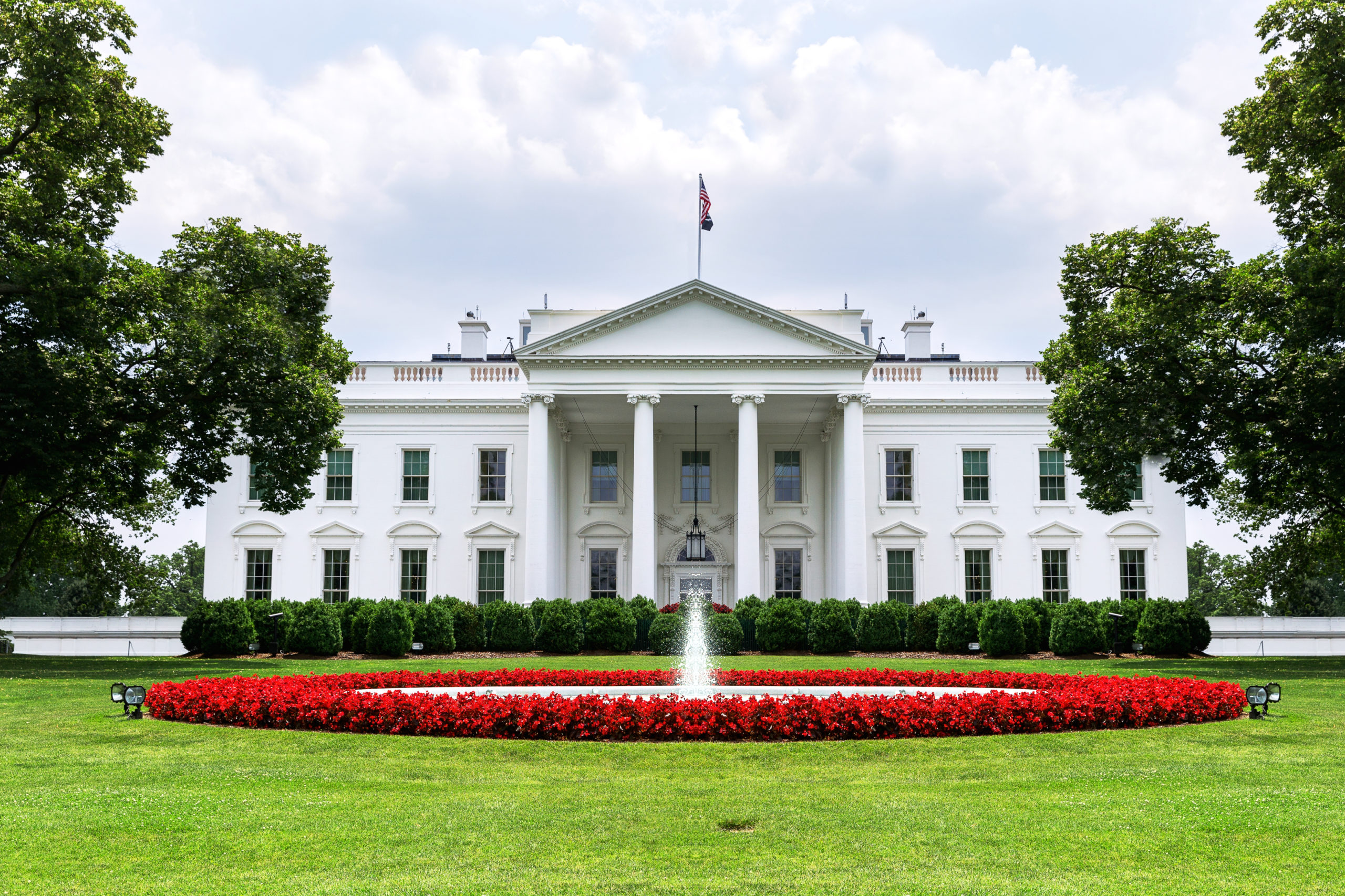Connect with us
Published
2 years agoon

While the American public is still waiting on Biden to fulfill his campaign promise to reform federal cannabis laws, the administration has also faced repeated calls to stop penalties for potential staffers who honestly disclose their past cannabis use.
We may not have any finite answers on Biden’s next moves for cannabis reform, but according to a new FAQ for the White House Internship Program, the administration isn’t budging. Even people who want to intern at the White House will still be required to disclose prior drug use, including cannabis consumption in legal adult-use states, and they could still risk eligibility for sharing the information, Marijuana Moment first reported.
The FAQ reads that applicants must share information as part of the process, including connection to foreign governments, criminal history, financial debts, tax compliance and prior drug use, “including marijuana, regardless of whether or not the marijuana use was permitted under state law.”
The administration’s position hasn’t changed on the issue, though it’s been a hot topic since cannabis legalization has continued to grow throughout the country since Biden took office. In March 2021, the Daily Beast broke the news that “dozens” of young White House staffers had been suspended, asked to resign or placed in a remote work program because of past cannabis use. The policy at that time also affected staff members whose cannabis use was exclusive to a state where cannabis was legal for adult use.
Former White House press secretary Jen Psaki responded with a tweet, sharing an NBC News report stating that the Biden administration wouldn’t automatically disqualify applicants who admit to past cannabis use, adding that of the hundreds of people hired in the administration, only five who started work at the White House were “no longer employed” because of the policy.
Psaki didn’t state how many workers were disqualified for the positions before actually starting or how many workers were suspended or placed in a remote work setting.
Earlier this year, Biden took his first actions on clemency since entering the White House, pardoning three people and shortening the prison terms of another 75 individuals. It was part of a broader effort to address inequities of the justice system, and all 78 were nonviolent drug offenders.
While reform activists noted that it was a progressive move toward honoring his campaign promises, they also expressed concerns that the momentum is too slow and Biden isn’t doing enough.
NYU Law Professor Rachel Barkow tweeted, “Better late than never, though this is such low hanging clemency fruit, it’s practically on the ground. (Most of these people were already released by Bill Barr under the Cares Act. All Cares Act folks are easy clemency grants, so I’m a little worried we’re just seeing a subset.)”
A 2021 report by the Congressional Research Service also revealed that the president does indeed have the power to grant mass federal pardons for cannabis convictions.
“The President may grant a pardon at any time after an offense is committed: before the pardon recipient is charged with a crime, after a charge but prior to conviction, or following conviction,” the report states. “The power is not limited to pardons for individual offenders: the President may also issue a general amnesty to a class of people.”
When Vice President Kamala Harris was pressed on an update last year, she said that the administration hasn’t taken on reform yet because it is focused on other issues.
“Honestly, right now, we’ve been focused on getting people food, helping them stay in their apartments or in their homes, getting kids back to school, getting shots into arms,” Harris told the San Francisco Chronicle. “That has been all-consuming.”


Study Reveals State Cannabis Legalization Lowers Immigrant Deportation


DEA Challenges Bid To Use Psilocybin Under ‘Right To Try’ Legislation


Vegans Rejoice as Farmers Switch from Chickens to Hemp


Louisiana Legislative Committee Unanimously Passes Adult-Use Cannabis Framework Bill


Louisiana House Bill to Regulate Hemp Products Advances Along With Senate Bill to Ban


Cresco Labs Workers Reportedly De-Unionize
